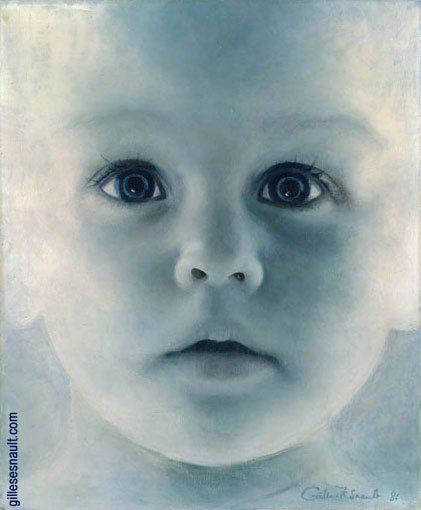Definitions of Literacy
“Definitions of literacy shape our perceptions of individuals who fall on either side of the standard (what a ‘literate’ or ‘nonliterate’ is like) and thus in a deep way affect both the substance and style of educational programs.”
What we consider to be literacy is up to the board of education and is also up to what we as teachers say literacy is. We try to define what literacy is because we think that the definition is defined by the boundaries we apply to what literacy is. And it doesn’t work. That’s because there are no boundaries. Trying to define something that has a great number of definitions that are also connotative definitions which are always expanding cannot have boundaries. We don’t have an actual definition of what literacy is. One person may be literate in several different forms of reading and writing, yet when we put them to the test they may not measure up to what we have set as the standard for literacy.
The only reason we teach “standard” English is because it is important for students to know what standard English is. It’s the standard they will be judged by via STAR testing. We do have ideas of what a person’s writing should look like, how they should talk and thus this is why the standards are created. I am not saying that that is completely correct as a form of teaching, but that instead, what is testable should be taught as another type of code switching.
Literacy should not be defined. It is an ongoing, undefined, morphing idea. It is whatever we want it to be and therefore should have no limits to what it can be. There are so many different ideas that there is no way that we could choose to limit the kinds of reading and writing that would make a person literate. If we were to be open to the differing ideas of what would be considered literacy we would be able to see all the ways in which our students would be able to apply these skills.
My own literacy is defined by the kinds of things that I have written and read, and all of these things are expansive and I learned to read and write from what was modeled. I have been told that I was special because of how and what I read but I can see and appreciate all the different ways that people read and write that are different than mine. I know people who can absorb and digest strong science texts and yet have no interest in anything that is classic literature. Does their literacy mean less than mine because their interests differ? Not at all. As a teacher, I have to be open to the idea that all kinds of students have different literacies and interests. I can’t help but think that Einstein was right. If you judge a fish by its ability to climb, it will never be considered successful. It is the same with literacy.


 Website:
Website: